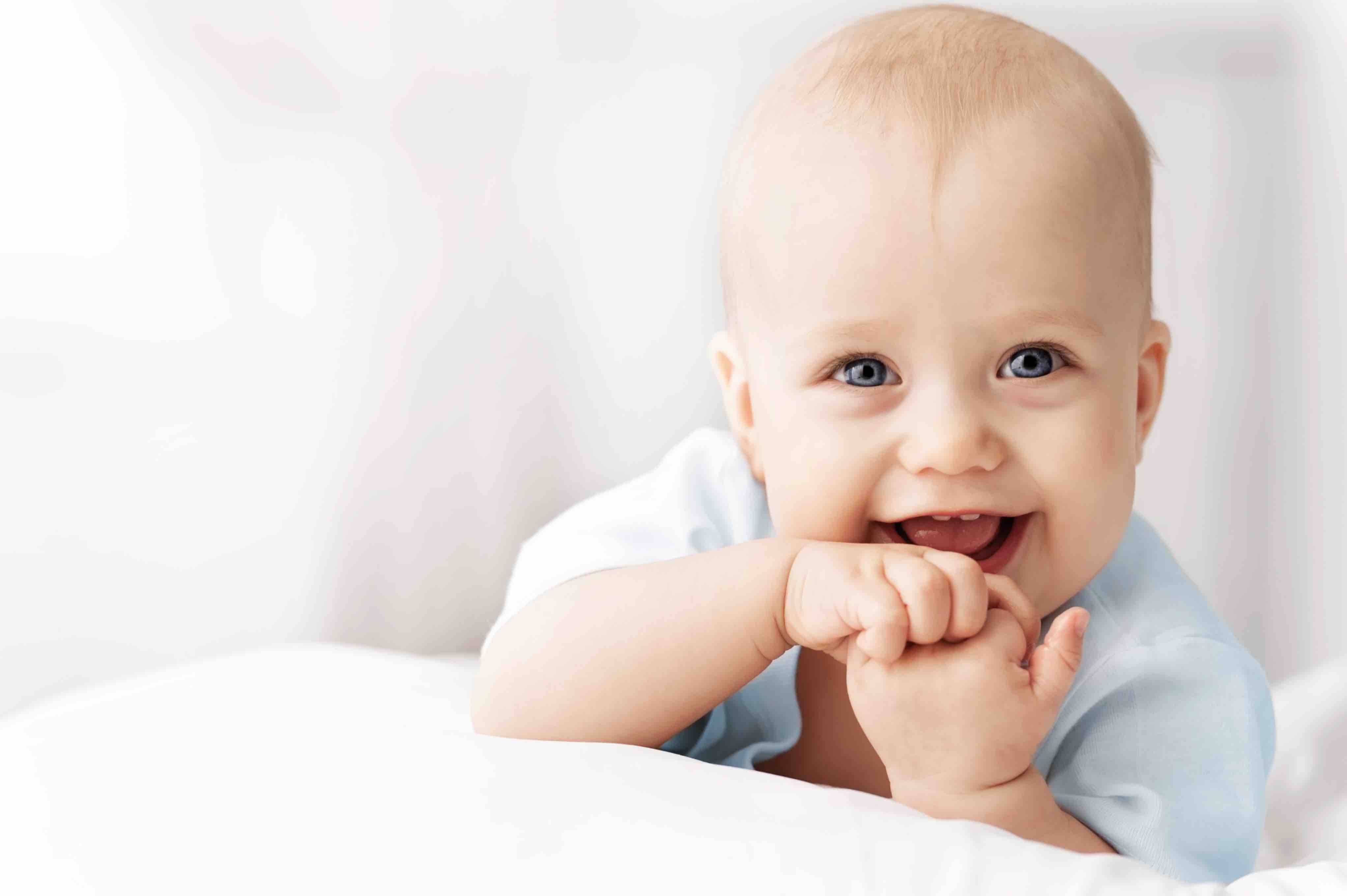It is important to get treatments at the right time so that your kids can enjoy a normal life ahead

By Azra Shuib | April 11th, 2021
Although upsetting for any parent, cleft lip and palate is quite common. Here is a statistic of how many babies are born with Cleft Lip / Cleft Palate, according to the CDC website:
· About 1 in every 1,600 babies is born with cleft lip with cleft palate in the United States.
· About 1 in every 2,800 babies is born with cleft lip without cleft palate in the United States.
· About 1 in every 1,700 babies is born with cleft palate in the United States.
There is no known cause for this condition, so these birth malformations cannot be prevented. It can sometimes be associated with genetic conditions, environmental factors and medication taken by the mother while she is pregnant. Some drugs may cause Cleft Lip and Palate, such as anti-seizure, anticonvulsant drugs, acne drugs, drugs used to treat cancer, arthritis and psoriasis.
Is there a difference between Cleft Lip and Cleft Palate?
A cleft is a split in the upper lip and/or the roof of the mouth (palate). Babies can be born with just a cleft lip, a cleft palate, or even both. The gap is caused by the incomplete development of the baby's face in the womb. They mostly occur as isolated birth defects and can be corrected.
A cleft lip may just affect 1 side of the lip or there may be 2 clefts (unilateral or bilateral).
A cleft palate can be an opening at the back of the mouth, or it may be a split that runs all the way from the back to the front of the mouth.
Untreated cleft lip and palate may lead to these issues:
· Difficulty to breastfeed or feed on a normal bottle as they cannot form a good seal with their mouth.
· Dental problems, as the child's teeth, may not develop properly and they may be at a higher risk of tooth decay.
· Hearing problems, especially to some babies with a cleft palate, as they are more vulnerable to ear infections and fluid build-up in the ears.
· Speech problems, including unclear or nasal-sounding speech.
Can it be corrected?
Yes. In most babies, a series of surgeries can be conducted to restore normal function as they are growing up. This way, they can enjoy a better quality of life.
Cleft Lip Repair
Cleft lip repair is ideally done when your baby is within 3 to 6 months of age. In the procedure, the surgeon will make incisions on both sides of the cleft and create flaps of tissue. The flaps will then be stitched together, including the lip muscles. This creates and restores a more normal lip appearance, structure and function. Initial nasal repair if needed will usually be done at the same time. This procedure is done with general anesthesia.
Cleft Palate Repair
Cleft Palate repair is ideally done by the age of 12 months, or earlier if possible. During the repair procedure, the surgeon will make incisions on both sides of the cleft and reposition the tissues and muscles to create a fake roof. After that, the repair is then stitched closed. This procedure is done with general anesthesia.
For children with cleft palate, an ear tube surgery may also be done. Ear tubes can be placed to reduce the risk of chronic ear fluid build-up, which can lead to hearing loss. The surgery involves placing tiny bobbin-shaped tubes in the eardrum to create an opening to prevent fluid build-up.
Possible Side Effects
Although getting the surgery will significantly improve your child's appearance, ability to eat, breathe and talk, as well as the overall quality of life, it's best to talk to the doctor regarding the risks. As with all surgeries, there are some risks and it's important to understand them. Risks in the treatment can include:
· Bleeding
· Infection
· Poor healing
· Widening or elevation of scars
· Temporary or permanent damage to nerves, blood vessels or other internal structures (rare)
Therefore, when choosing a hospital for a treatment, it is best to go to hospitals renowned for their excellent care, expertise and service quality. Getting the best for your child is especially important to increase the best possible outcome.
Risk Factors
According to the experts, some factors may increase the likelihood of a baby getting a cleft lip/cleft palate. The factors include:
· Family history.
· Exposure to substances during pregnancy, such as cigarettes, alcohol or certain medications.
· There is also some evidence that links women who are diagnosed with diabetes before pregnancy may have an increased risk of having a baby with a cleft lip with or without cleft palate.
· Obesity during pregnancy.
According to studies, males are more likely to have a cleft lip with or without cleft palate, whereas females are more likely to develop cleft palate without cleft lip.

Prevention Steps
Although Cleft Lip and Cleft Palate generally can’t be prevented, there are some tips to lower your risks and get a better understanding of the condition.
If you know that you have a family history of the birth defect, consider getting genetic counselling before becoming pregnant. This can help you to get more information and proceed with any possible prevention measure.
Besides that, it is also to alter your lifestyle and make a change for the better. Take prenatal vitamins as recommended by your doctor, practice a healthy diet and lifestyle; and refrain from tobacco and alcohol, as the use of tobacco and alcohol can increase your risk of having a baby with birth defects.
All in all, it is important that you get much needed support if you know you are at risk, or if you have a baby with the condition. Since it can’t be prevented, any parent who finds out that their baby has the condition can feel a very emotional experience, and the whole treatment process can be overwhelming. Therefore, know that you are not alone. Talk to your doctor if you feel any psychological issues, get involved with cleft support groups and understand the condition deeper to know what is the best that you can do. Keep in mind that it is a treatable condition and a lot of children who are treated for cleft lip and palate grow up to live completely normal lives.
For more information and to book a treatment:
Cleft Lip / Palate Treatment